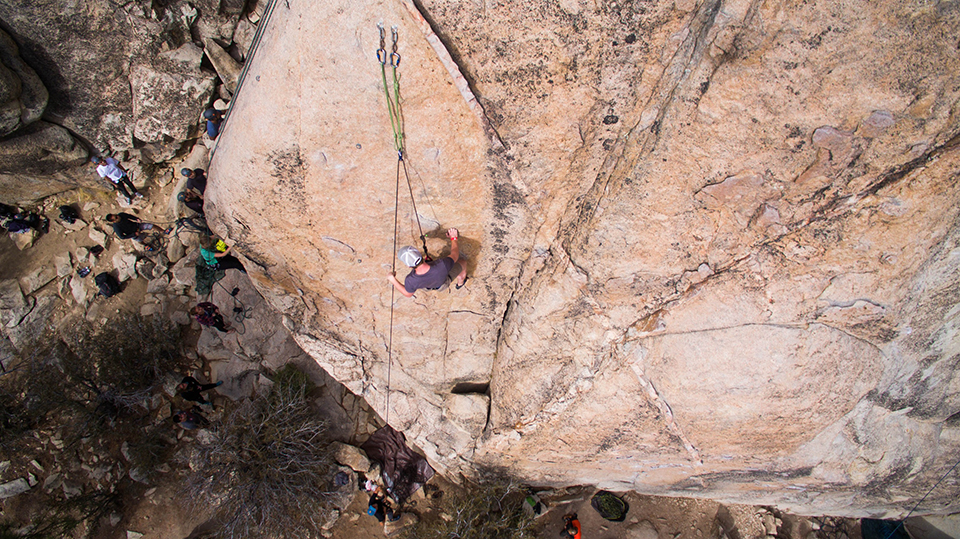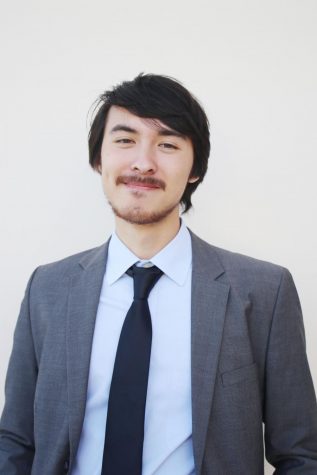To promote student safety in clubs involving hazardous physical activity, such as rock climbing or scuba diving, Student Programming and Activities tightened club regulations over the summer.
slightly inconvenient liability protection
Director of SPA and Student Government Association advisor Laura Igram met with leaders from Adventure Club, Scuba Divers and Beach Bums in August and September. She reiterated the regulations common across student groups and introduced a few additional requirements. For instance, the clubs must have at least one officer with first aid and CPR training attending each activity. Adventure Club and Scuba Divers must also hire a certified professional to guide them through dangerous trips.
SPA worked with Risk Management to establish these new regulations, which protect club leaders from liability in the case of an accident, according to Igram.
“We live in a litigious society,” Igram said. “There have been trips that students have been injured on, and so that’s also really led to this ‘Okay, I have to do my due diligence as an agent of the university to make sure that we are keeping students safe.’”
Vice president of Beach Bums and sophomore communications major Kaylee Saville believes some of the regulations have proved slightly inconvenient. According to a pre-existing mandate SPA reiterated, all clubs seeking to travel off-campus must gain approval from Risk Management and a club supervisor before sending liability release forms to their members.
“The nature of the Beach Bums club is to be very casual and very easy for people to come to our events as is fitting and convenient,” Saville said. “Waiting on those signatures for every event we were previously responsible for has made the process more convoluted and less convenient for creating events on the fly.”
Since Beach Bums began fully following this procedure, its officers have decreased the frequency of events from a weekly schedule to about four trips this semester. As the only CPR certified officer in her club, Saville must attend all trips.
Igram does not believe clubs were purposefully ignoring regulations, but need more guidance and information. However, with the support currently available difficulty exists in overseeing a large number of clubs, according to Igram.
“We have about 70 registered clubs here at Biola. That’s about twice as many as other schools our size and we have half the staffing to oversee it. Club management is… only about 25 percent of my job. There are other schools that have a full time staff person. So, that’s the nature of how things have just fallen through the cracks,” Igram said.
ambiguity behind SPA’s decision
Despite the daunting task, Igram believes Biola has been generous to clubs, especially since many of its peer institutions provide less funding and more regulations.
“We give a lot to our clubs, with a lot of autonomy, and we don’t expect a lot in return,” Igram said.
However, Saville has some questions about SPA’s decision.
“I would be curious to know what prompted the additional requirements, and whether it’s reflective of less trust in the student body to run our own student activities,” Saville said.
Officer of Adventure Club and junior English major Quinn Farrand also remains uncertain as to SPA’s overall role and the precise reason behind the new requirements, but believes liability provides the primary factor.
“It is hard because obviously they can’t just let us run free, and then obviously we don’t want to be under an iron thumb,” Farrand said. “But it’s kind of more striking a happy balance… there has to be some level of trust.”








